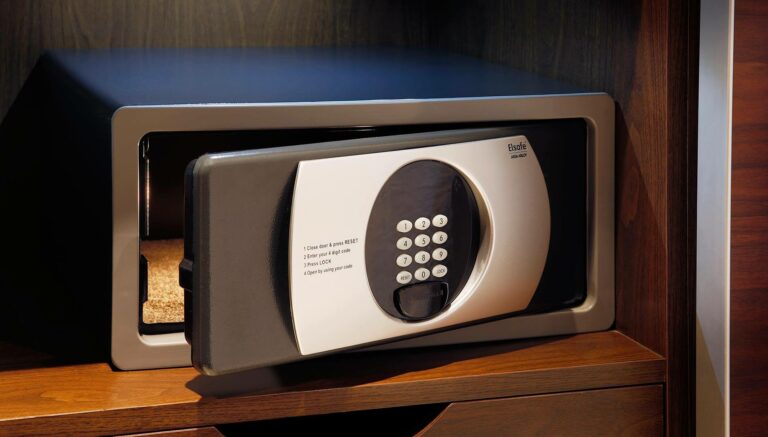When starting a retail business, one of the first steps is choosing the right entity.
However, this is easier said than done.
With plenty of options ranging from Sole Proprietorships to Limited Liability Companies and Corporations, it can be difficult to choose a suitable business structure.
So, what’s the best entity for starting a retail business?
Let’s get to it.
1. Sole Proprietorship
If you’re planning on starting a retail business but you don’t want to go through a lengthy registration process, choose a Sole Proprietorship.
Registering a Sole Proprietorship business is simpler, faster, and cheaper than other business entities.
As a sole proprietor, you’re the boss and you keep all the profits.
Besides, you can change your business structure with ease.
It’s worth noting that a Sole Proprietorship is mostly suitable for small and medium-sized retail businesses.
The drawback with this business entity is that you’re solely responsible for debts, expenses, and any losses that the business incurs. Plus, there is no liability protection.
What’s more, raising capital for a Sole Proprietorship business can be challenging. You may want to put this into consideration given that inability to raise capital is the number one reason 38% of startups fail.
2. Limited Liability Company
A Limited Liability Company is a business structure that combines the characteristics of a Sole Proprietorship and a Corporation.
With this business structure, the owners are protected from the business’s losses and debt liabilities.
This means that in case of any lawsuit, loss, or business failure, the company is responsible and not the owners.
It’s also easy to run a franchise or open multiple branches for your retail business.
This type of business entity has some limitations.
For instance, the cost of starting an LLC is higher than that of a Sole Proprietorship. And depending on your choice of state for the LLC formation, you may be subject to LLC taxes.
Additionally, perpetual existence is not guaranteed and transfer of ownership is hard.
3. Corporation
A Corporation is a type of business that is incorporated as a separate legal entity. This means that the retail business can be held legally responsible for debts, losses, and taxes.
Owners enjoy limited liability, and like an LLC, you can run a franchise or open multiple branches.
The beauty of this business entity is that stakeholders can raise money by offering stock and transfer of ownership isn’t difficult.
A Corporation has no life limit.
However, setting up a Corporation is more costly and time-consuming than other business structures. It’s also subject to double taxation.
Conclusion
Choosing a business entity is one of the most important steps when starting a retail business.
Even though there is no single best business structure for all startups, the entity you choose has a huge impact on your finances and legal obligations.
We hope this guide helps you determine which entity is right for your retail business. Have a look at this infographic from GovDocFiling for more details.













